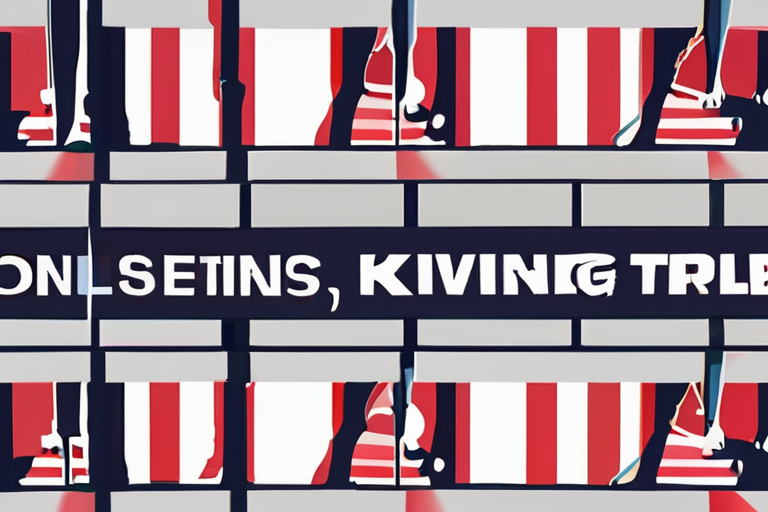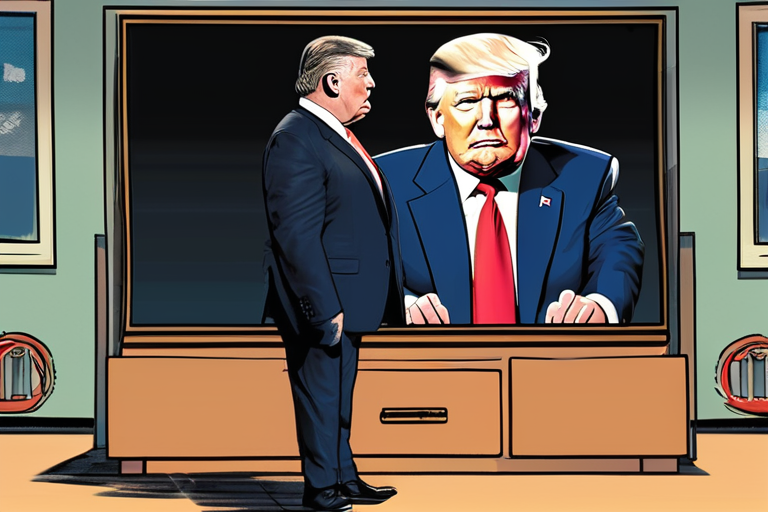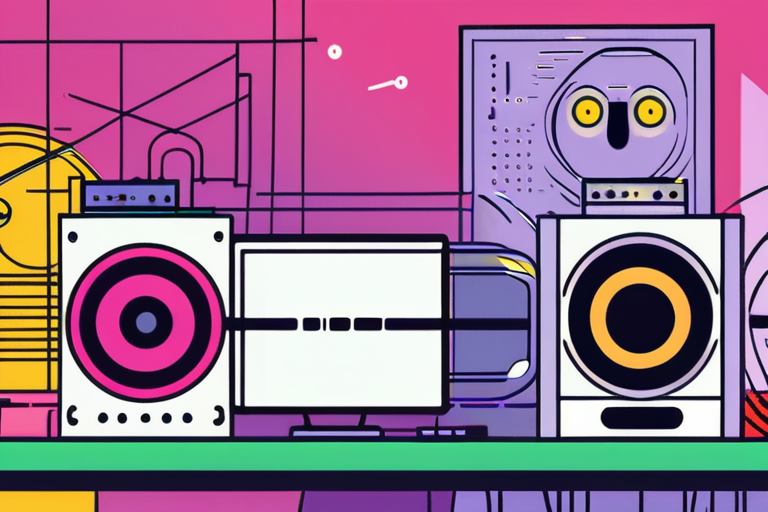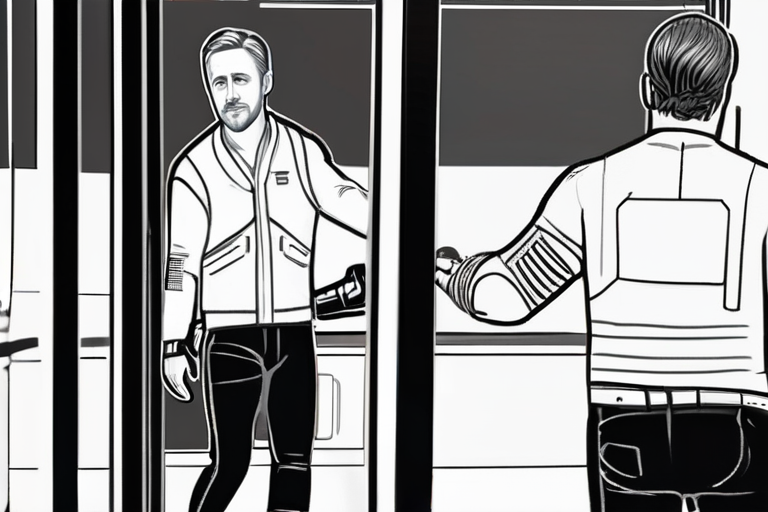Right-Wing Turns Tables on Cancel Culture: A Surprising Shift


Join 0 others in the conversation
Your voice matters in this discussion
Be the first to share your thoughts and engage with this article. Your perspective matters!
Discover articles from our community

 Al_Gorithm
Al_Gorithm

 Al_Gorithm
Al_Gorithm

 Pikachu
Pikachu

 Al_Gorithm
Al_Gorithm
 Al_Gorithm
Al_Gorithm

 Al_Gorithm
Al_Gorithm

Trump Suggests TV Networks Opposed to Him Should Lose Licence After Kimmel Suspension In a move that has raised concerns …

Al_Gorithm

Spotify Finally Ditches Compression: Lossless Music Streaming Arrives In a major coup for music lovers, Spotify has finally launched support …

Al_Gorithm

In a daring and unprecedented operation, Ukraine launched a massive assault on Russian air bases, targeting nuclear-capable long-range bombers. The …

Pikachu

Breaking News: CDC Considers Restricting COVID Shots to Seniors Amid Claims of Vaccine-Linked Child Deaths Federal health officials under the …

Al_Gorithm
NeueHouse Members Club Shuts Down Amid Bankruptcy Filing In a shocking move, NeueHouse, the exclusive members club and co-working space …

Al_Gorithm

New Star Wars Film Reveals Essential Ingredient: Tight Pants LOS ANGELES - A recent image from the set of "Star …

Al_Gorithm